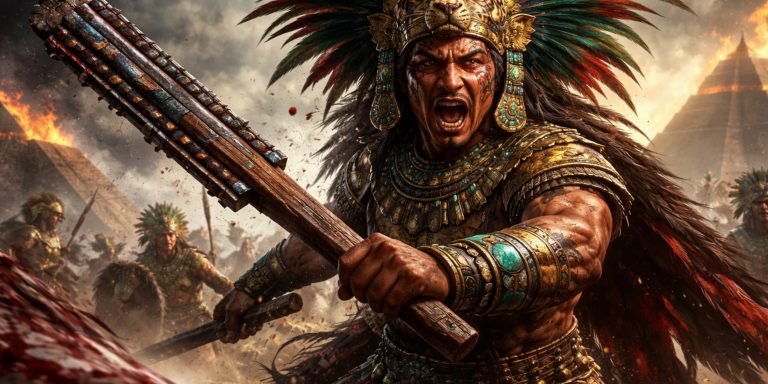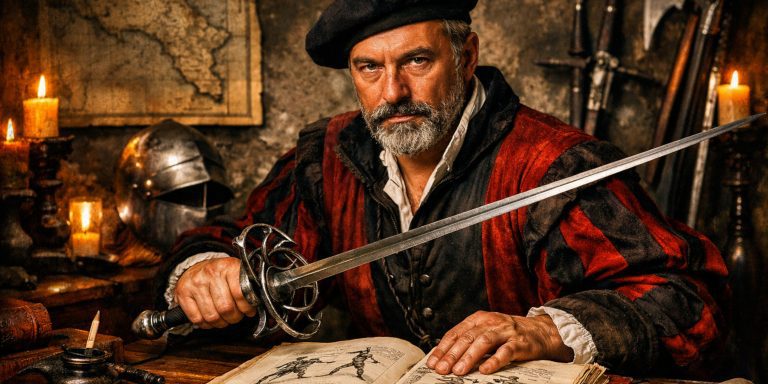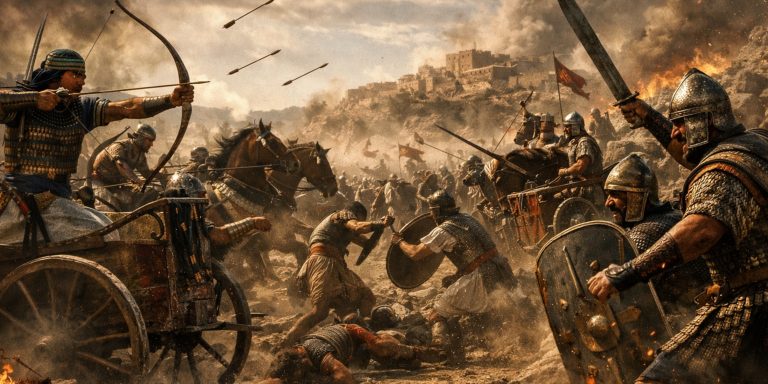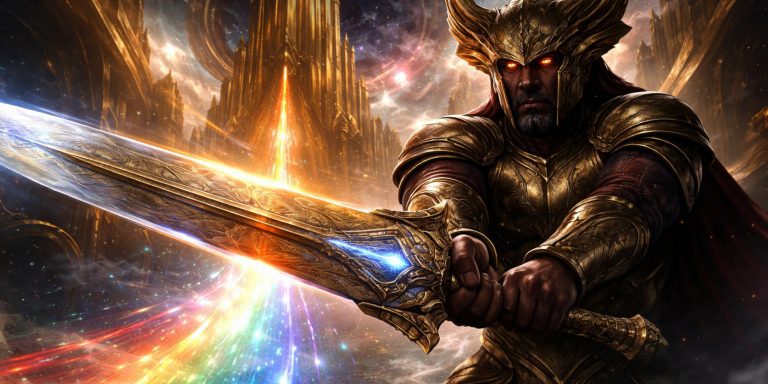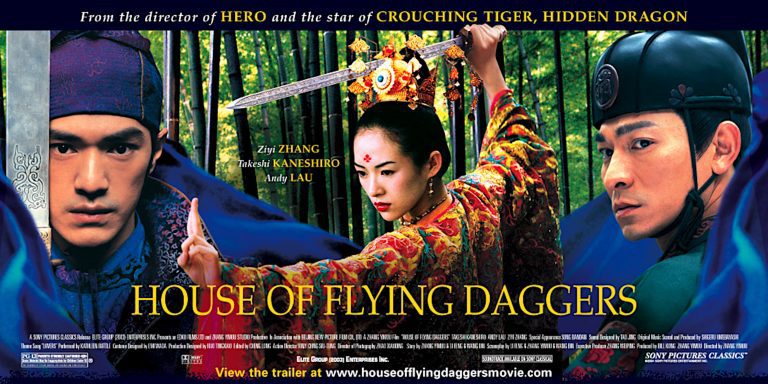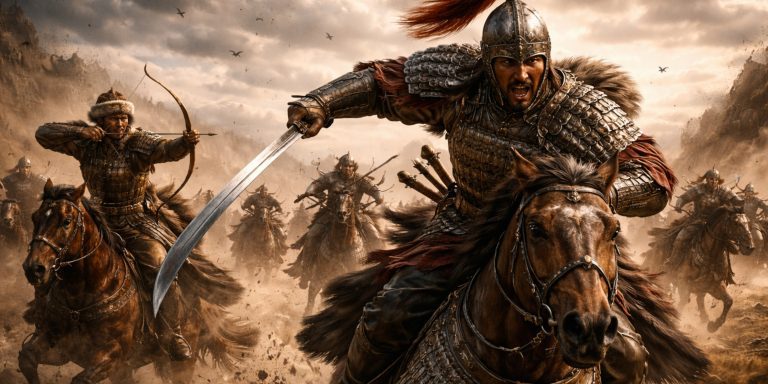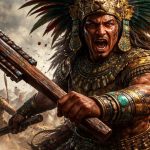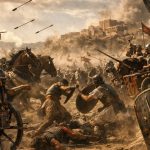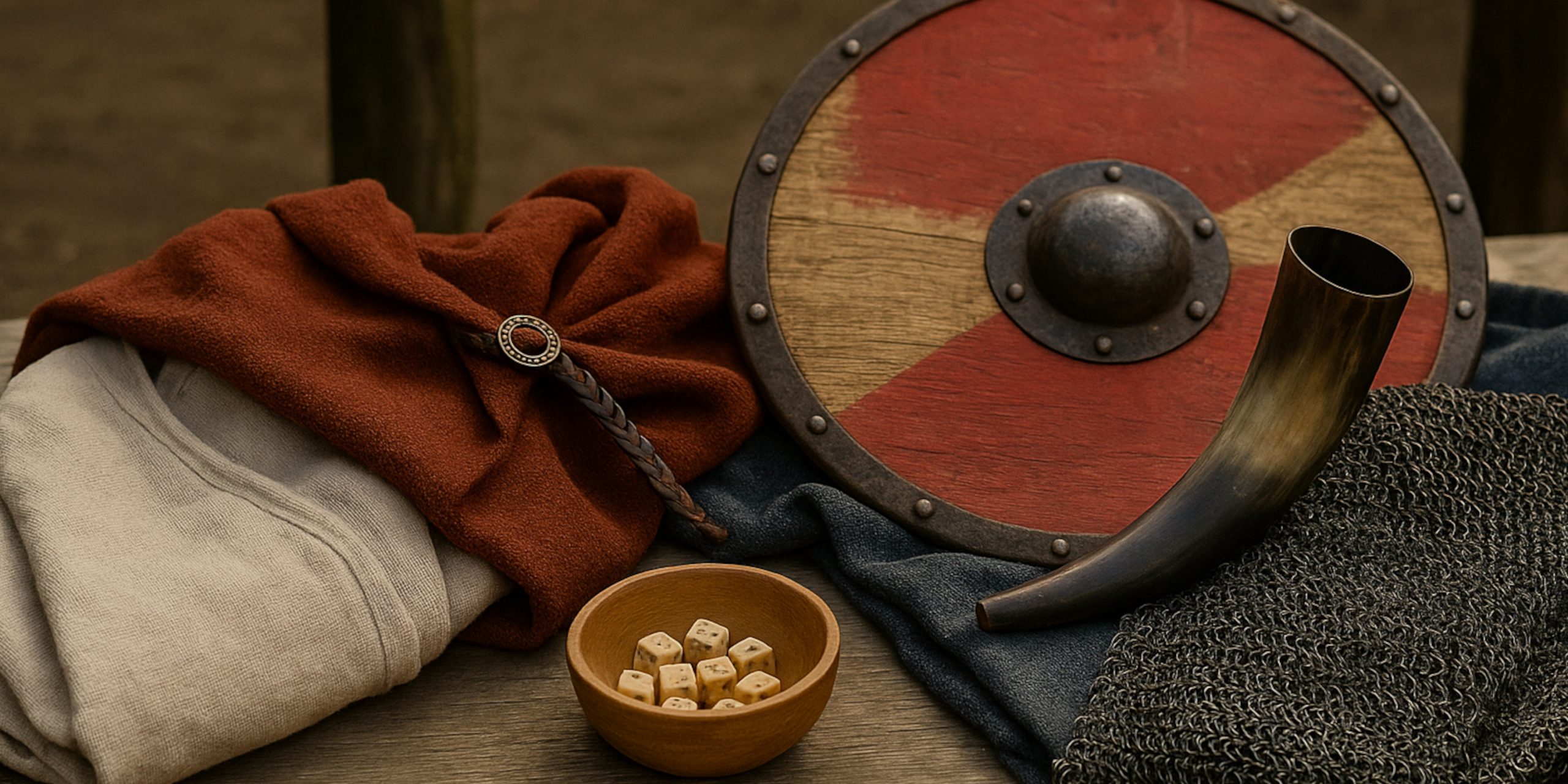
Viking history is embedded deep in the cultural memory of Britain. From the infamous raids on Lindisfarne to the establishment of the Danelaw, the Norse impact left an enduring legacy. Across the country, Viking reenactments bring this era to life through combat displays, living history camps, storytelling, and traditional crafts. These events aren’t just entertaining; they help preserve and share the history of the early medieval period in an accessible and engaging way.
Here is a guide to some of the most established and atmospheric Viking reenactments across Britain today.
Jorvik Viking Festival (York)
Arguably the most famous Viking-themed event in the UK, the Jorvik Viking Festival takes place every February in the historic city of York, once the Norse stronghold of Jorvik.
What to Expect:
- Full-scale battle reenactments and skirmishes
- Marches through the city streets
- Living history encampments
- Blacksmithing, leatherworking, and textile demonstrations
- Lectures and archaeology talks
The festival attracts thousands of visitors and dozens of Viking-age reenactment groups from across Europe. It mixes theatrical spectacle with a serious historical lens, rooted in the local archaeology and Norse past of the city.
Largs Viking Festival (Scotland)
Held annually in Largs, North Ayrshire, this festival commemorates the Battle of Largs (1263), one of the last Viking military efforts in Britain.
What to Expect:
- Encampments with Viking longhouses
- Historical talks and Viking trading stalls
- Reenacted battles and sword displays
- Fire shows and traditional Norse food
The event offers a strong blend of education and family-friendly entertainment, grounded in a specific historical moment.
Tewkesbury Medieval Festival (with Viking Presence)
Although better known for its Wars of the Roses theme, the Tewkesbury Medieval Festival often includes Viking and early medieval encampments.
What to Expect:
- Viking reenactors offering a contrast to later medieval factions
- Displays of Viking combat, weapons, and everyday life
- Opportunities to compare arms and armour across time periods
The inclusion of Viking groups in a broader medieval event gives a useful comparative lens on warfare and culture in different centuries.
History Live (Kelmarsh, Northamptonshire – events vary)
Organised by English Heritage (previously at Kelmarsh Hall), History Live is a large-scale historical festival that has regularly featured Viking reenactors alongside Roman legions, Norman knights, and English Civil War regiments.
What to Expect:
- Massed battle reenactments across historical periods
- Expert talks, falconry, and Viking storytelling
- Specialist traders in Viking-era replicas and attire
Note: English Heritage’s event calendar varies year by year, so Viking participation depends on the programming.
Murton Park Danelaw Centre for Living History (Yorkshire)
Unlike other events, Murton Park offers a permanent Viking-age living history site, with dedicated educational days and immersive experiences for school groups and the public.
What to Expect:
- Full-scale Viking village built using period techniques
- Hands-on craft workshops
- Roleplay-based learning for children
- Norse farming, raiding, and ritual displays
It functions year-round and is particularly geared towards educational visits.
Reenactment Groups to Watch
Several well-established Viking reenactment groups appear at festivals across the UK and Europe. Many of them operate to a high standard of historical accuracy and work closely with archaeologists and museums.
Key Groups:
- Regia Anglorum – covers 9th to 11th century with a strong educational emphasis
- The Vikings – UK – one of the largest Norse-specific reenactment societies
- Jorvik Vikingr – often tied to the Jorvik Festival and based in Yorkshire
- Odin’s Aett – smaller group with focus on Norse pagan beliefs and crafts
These groups maintain their own calendars and often appear at heritage sites, schools, and independent events throughout the year.
What Makes a Good Viking Reenactment?
A strong reenactment balances spectacle with authenticity. Look for events that provide:
- Historically accurate costume and kit based on archaeological sources
- Contextual information on Viking society, trade, law, and belief systems
- Demonstrations of everyday life, not just fighting
- Engagement with both adults and children
Combat displays are often the centrepiece, but the best reenactments integrate material culture and social structure to give a fuller view of the Viking world.
Planning Your Visit
Most Viking events take place in spring or summer, with larger festivals held annually. It’s advisable to check group websites or local tourism boards for updated event calendars. For major festivals like Jorvik, book accommodation well in advance.
Top Tips:
- Arrive early for battle reenactments, as viewing spots fill quickly
- Talk to reenactors – most are passionate amateurs with deep historical knowledge
- Support traders and craftspeople who produce museum-quality reproductions
- Consider attending smaller regional events for a more intimate experience
Legacy and Education
Viking reenactments in Britain have played a role in shifting public understanding away from tired clichés of mindless raiders. By engaging with material culture and community outreach, these groups often bridge gaps between academia and public history.
From national-scale festivals to village fairs with Norse themes, these events continue to captivate and educate new generations with a version of history that’s tangible, messy, and alive.
Watch:

